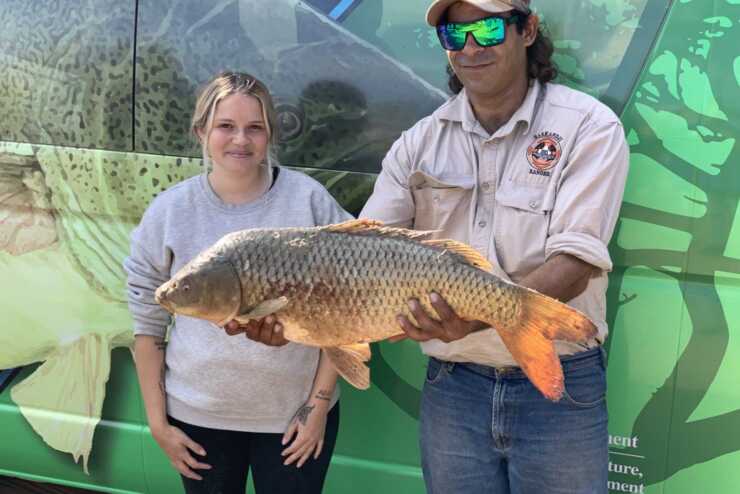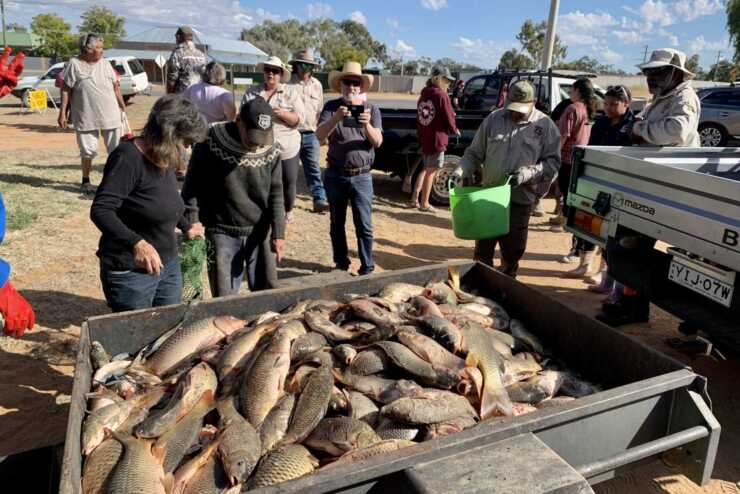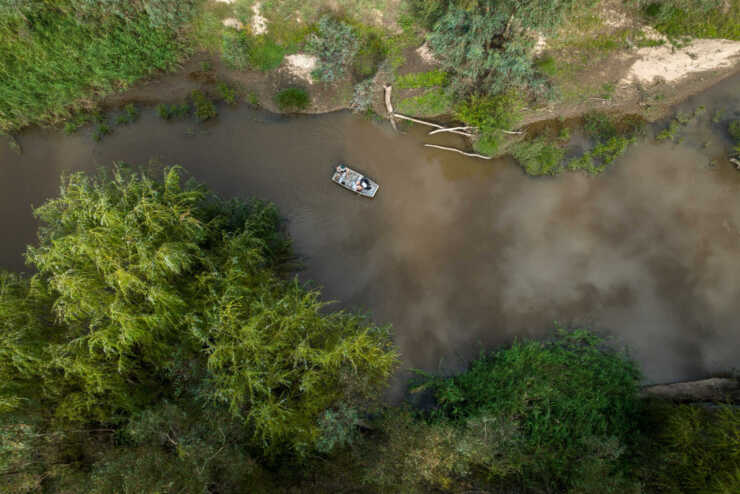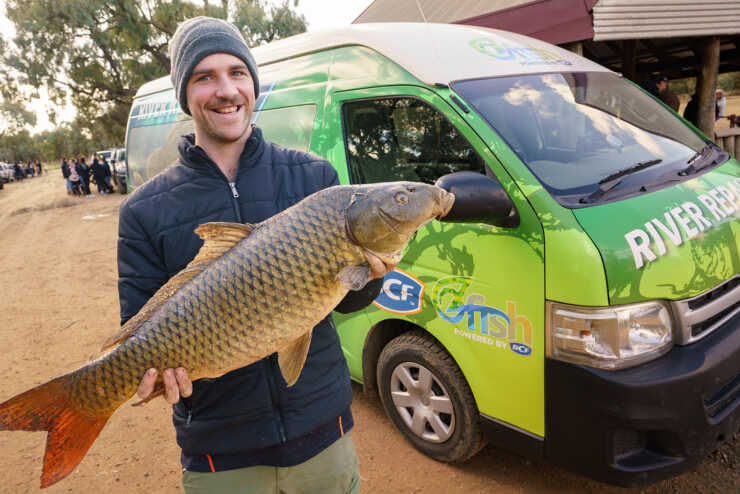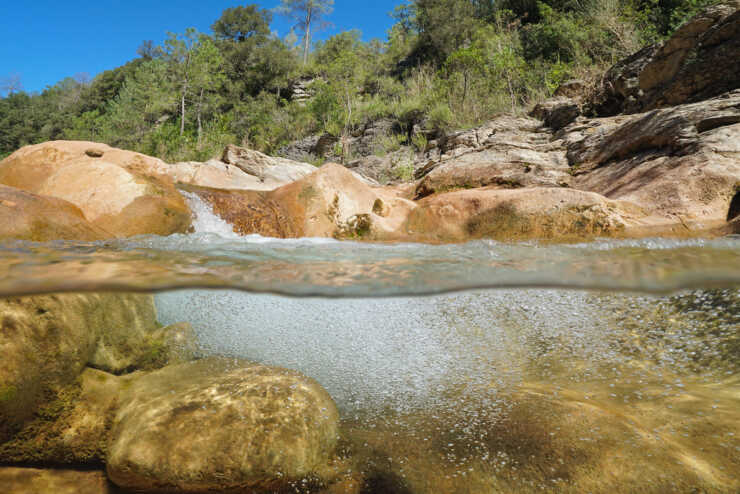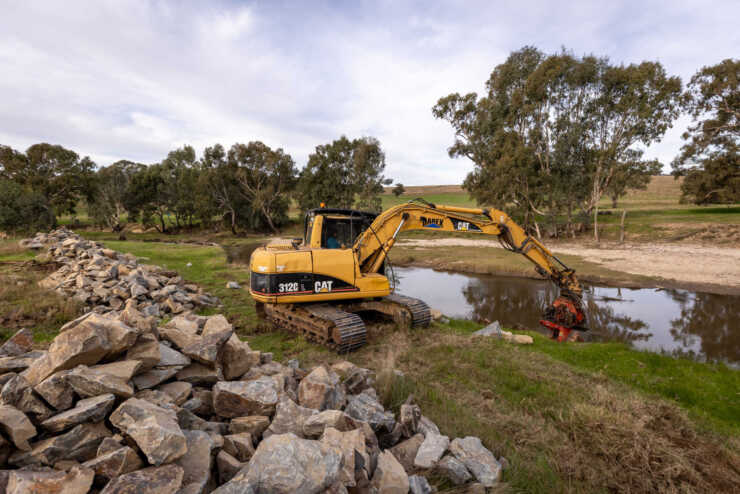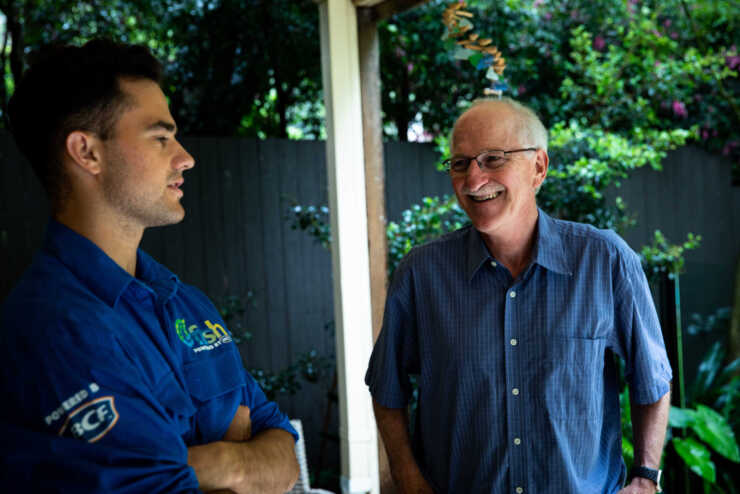DECEMBER 2023 | Leading scientist says the carp herpes virus is needed
The carp herpes virus should be released into Australia’s freshwater rivers to save our native fish populations and their habitats. The bold move is supported by Dr Martin Mallen-Cooper, one of Australia’s most-respected river ecologists in the latest episode of OzCast, the official podcast of OzFish Unlimited. Following decades of studying Australia’s freshwater ecosystems, Dr Mallen-Cooper believes the science and research is strong enough to confidently release the virus. Martin believes that a release will temporarily reduce carp numbers and provide a critical window for native fish to establish a more substantial presence. But he warns that to maximise the benefits during the critical recovery phase, we need to enhancing habitats, manage river flows better and restore fish migrations.







